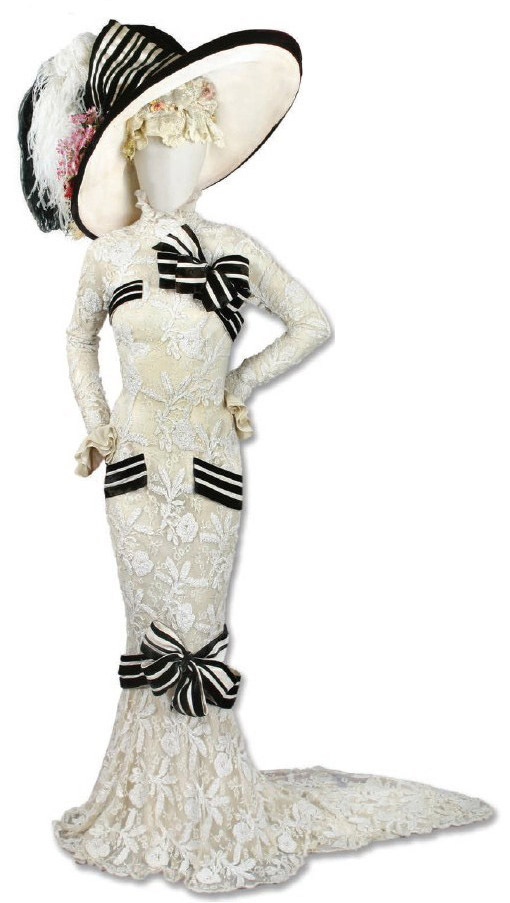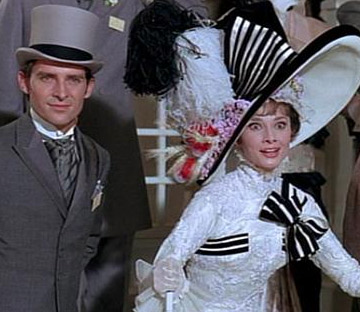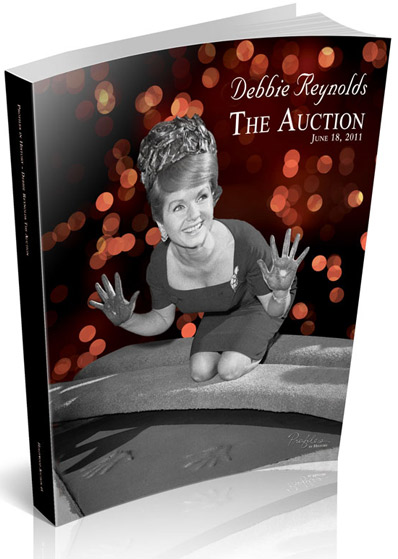Robert here, with my series Distant Relatives, where we look at two films, (one classic, one modern) related through a common theme and ask what their similarities and differences can tell us about the evolution of cinema.
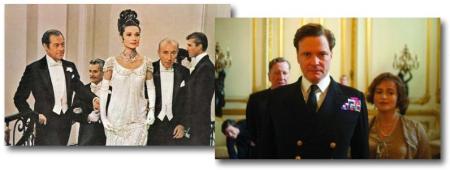
Why can't the English learn to speak?
Yes, yes, learning to enunciate properly and overcoming a stutter aren't exactly the same thing. In fact, these two films don't have to both be about issues of speech and speech therapy. One of them could be about learning to play darts or cribbage. It's just to our benefit that they do tread such similar ground that it throws light on the more important similarities between them. As for the less important, but still interesting, similarities: both take place in England, both feature alliteratively named speech therapists, both are Best Picture Oscar winners. So what is the important similarity? Both are about class. Both feature an individual of one class, tasked with helping an individual of another class, and by doing so the great divide between the classes shrinks just a bit.
In the unusual case that anyone doesn't know the details of these films’ plots, despite one having achieved cultural significance and the other bloggospherific over-analysis here they are: In My Fair Lady, the lady or lady-to-be is Eliza Doolittle (Audrey Hepburn), a poor cockney flower girl who is taken in by snobbish Professor Henry Higgins (Rex Harrison) as party of a wager with the promise of being taught to speak and made in to a proper Englishwoman. In The King's Speech, Prince Albert or Bertie later to be King George (Colin Firth), needing to overcome a debilitating stammer and become a proper monarch, enlists the help of unconventional speech therapist Lionel Logue (Geoffrey Rush). While I stand by my assertion that the skill requiring improvement could be anything, one reason why speech makes for such a compelling story (as opposed to cribbage) is that it is unavoidably tied into our self image and identity. We are, to the outside world, a combination of sight and sound. While the control we have over our physical beauty is to an extent limited, the control we have over our speech and the impression that it makes is endless. If the impression is poor, we personally bear the blame. Both My Fair Lady and The King's Speech are essentially stories about makeovers (the former being more obvious thanks to the pretty dresses), or at least stories about makeovers as macguffins.
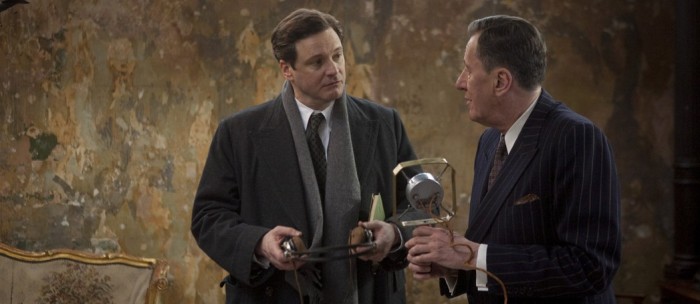
You've got a friend in me
Really they’re stories about love and friendship, and they revolve around characters who we find exceedingly easy to empathize with. Eliza with her brazen boisterousness not at all befitting her humble situation and her unwillingness to be bullied by Higgins gives her a populist punch. Bertie, poor Bertie who lacks confidence and trembles in fear and embarrassment gets our sympathy quite easily too. As Albert Brooks pines in Broadcast News “Wouldn’t this be a great world if insecurity and desperation made us more attractive?” But to audiences, they do make a character attractive. We can see in them the parts of us we fail to share with each other. So Eliza and Bertie win us over and quickly, as does Lionel Logue, the man who seems to have his life in order but occasionally has to deal with his own failings and mediocrities too. Henry Higgins takes some time to cozy up to. I’d say in this internet age, his frustration at all less cultured than he is pretty recognizable, though I’m not sure that the original intent was for it to invoke our sympathies.
So it is that insecure, desperate Bertie and Eliza, with their closest familial relations swept up by somewhat less genuine and more manipulative love and friendship must find their confidence by venturing out of their class. Here it is that the films start to become flipped mirrors. Eliza is that of the lower class venturing up. Bertie is of the upper (very upper) class venturing downward. In this latter case our path is easy. If Lionel can help Bertie it will be a triumph of the sincerity of the humble man helping a king cut through the shelter of royal aristocratic fog and become a great leader. Yes, it is feel good and it is timely in that it reflects a reality we so long for. For Eliza it has to be a little more difficult. Pompous Professor Higgins helping little Liza do good is no desirable message to take home. Not unless she changes him too by injecting a bit of plain charm into his stuffy world.

And they all lived...
There are other backward reflections among the films as well. In My Fair Lady it is an act of friendship (a friendly bet) that sets in motion the seeds of love. In The King’s Speech it is an act of love (the determination of a dedicated spouse) that sets in motion the seeds of great friendship. Both films play off the idea that the classes are closer than we believe, that our decency can transcend them, the lower may need the upper for the opportunity to excel but the upper needs the lower more to be renewed of their humanity. It may be a fantasy, but the one thing The King’s Speech has that My Fair Lady does not is that label “based on a true story” If anything has changed in the forty-five years between the films it may be our need to see that label to believe it.
One last thing that hasn’t changed in forty-five years, and a post-script I’m only too delighted to delve into is cursing. Yes cursing, the great common equalizer, which plays an important role in both films. The first time we hear Bertie curse it’s a delight. It brings him down to our level. It’s funny. It’s charming. And when Eliza Doolittle curses at the races, we (not to mention some of the aristocracy) fall for her too, because we sense she’s real and she will always be what she is. Those melodic tones are a declaration of the working class winning out, pushing the stilted aristocracy forward, or aside if need be. “Move your bloomin’ arse!”
 Tuesday, February 21, 2012 at 4:00PM
Tuesday, February 21, 2012 at 4:00PM 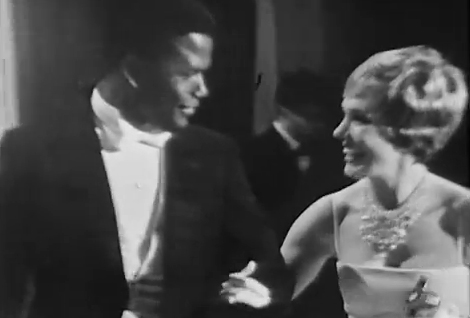 Sidney Poitier escorts Best Actress Julie Andrews off the stage
Sidney Poitier escorts Best Actress Julie Andrews off the stage


